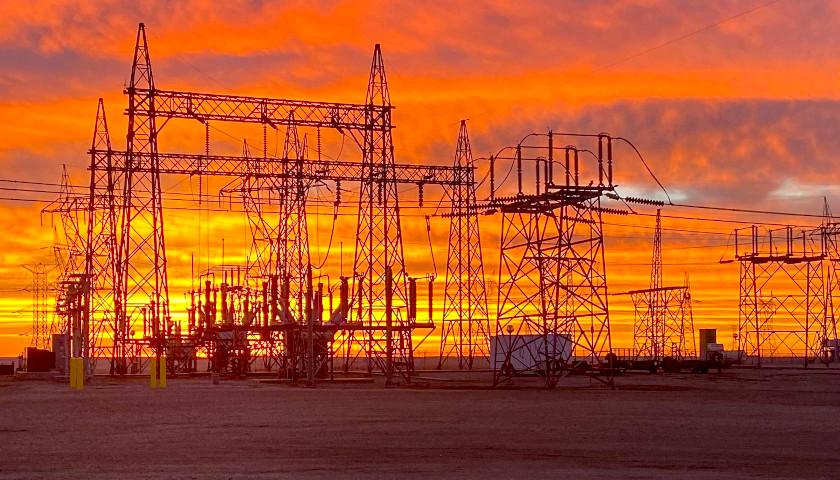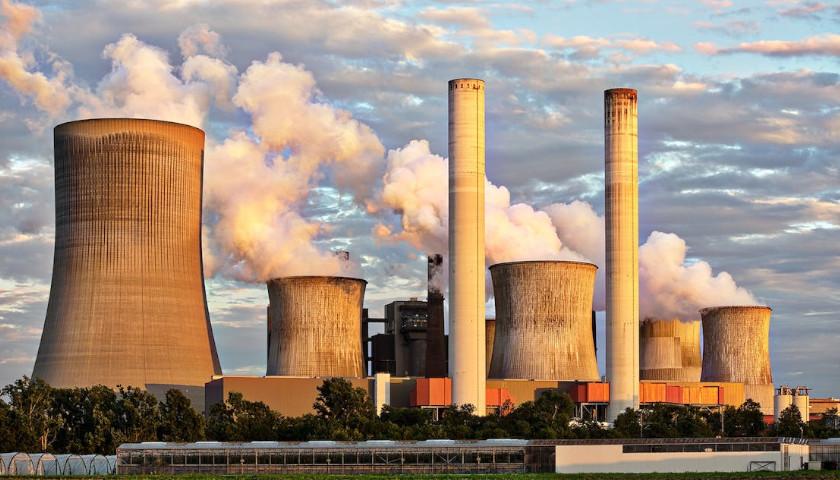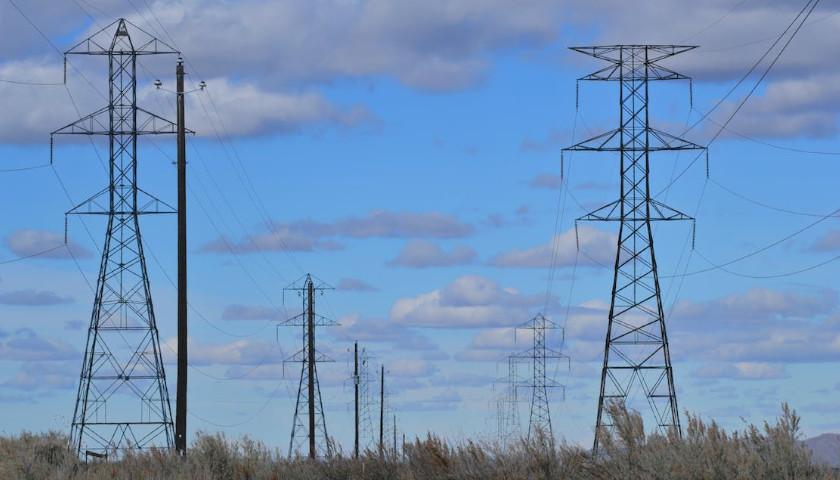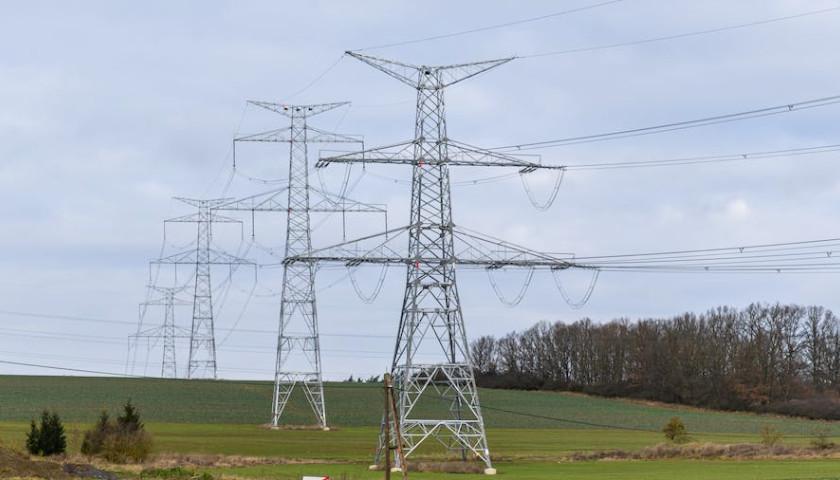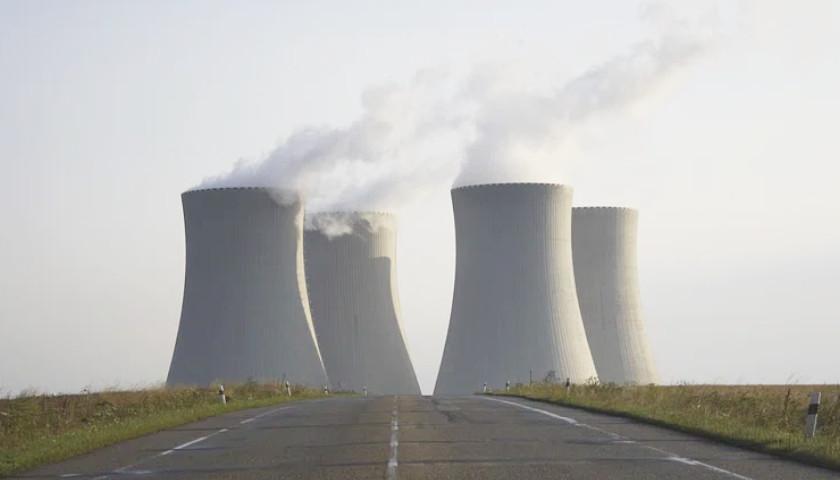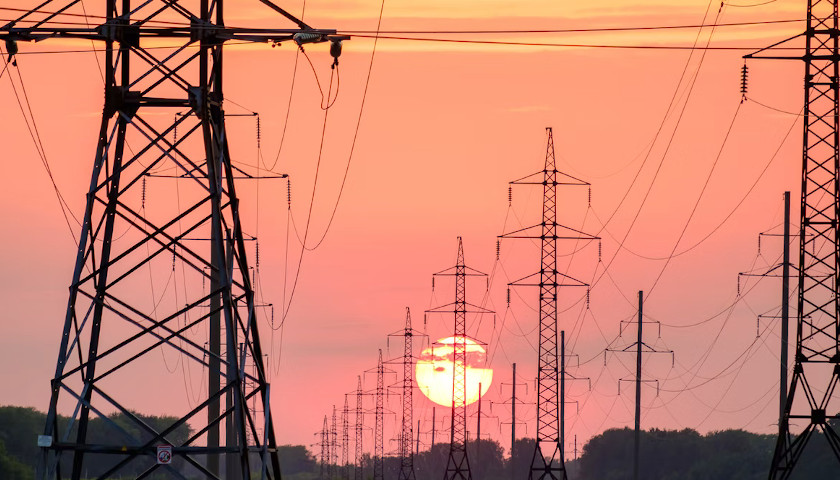For the past couple of years, assessments of the national electric grid’s ability to deliver power during peak demand periods, such as heat waves and cold snaps, have shown increasing risk for blackouts.
The North American Electric Reliability Corporation, the nation’s grid watchdog, finds the main cause is retirements of coal plants without enough natural gas plants coming online.
Read the full story
